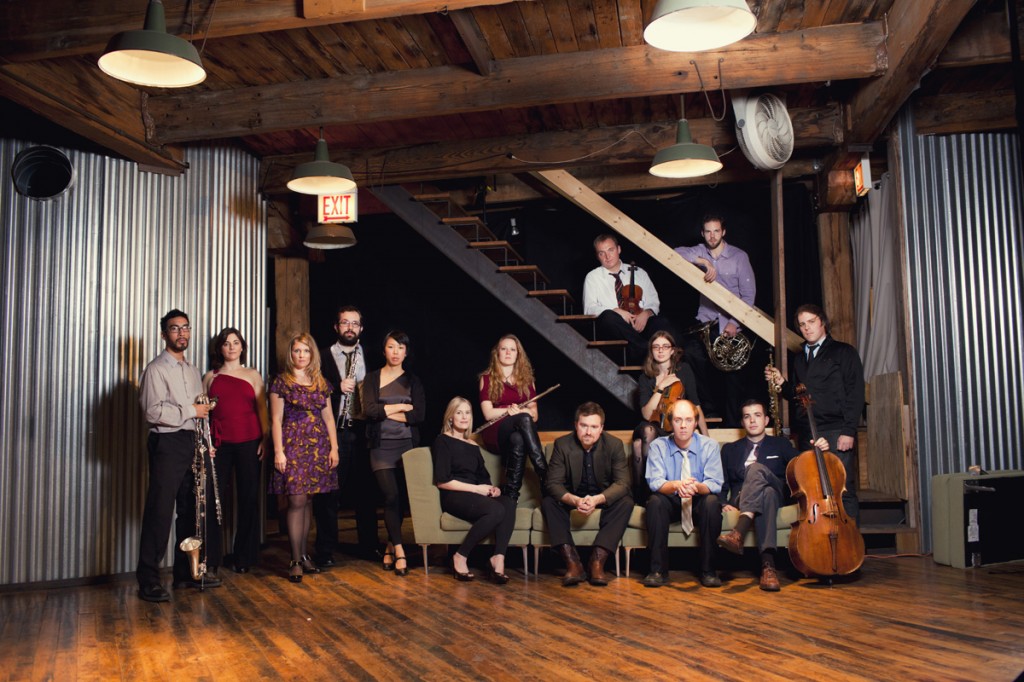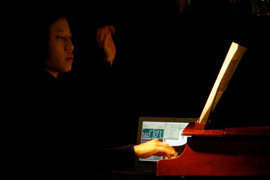Andrew Rudin is well known to the Philadelphia new music community, both as a composer and, for many years, as a professor at University of the Arts. One of his former students, Amanda Harberg, introduced me to Rudin some years back at a post-concert reception in New Jersey. I remember being struck by his piercing intellect and wide-ranging knowledge of music. I’ve greatly enjoyed interacting with him via Facebook in recent years. Although direct in his opinions, sometimes in irascible fashion, he’s a font of information about composers (particularly Ralph Shapey), opera, poets, and tasty baked goods.
On Tuesday, Rudin’s music is featured on a portrait concert at Symphony Space in New York (details below). The program features Celebrations, a recent piece for two pianos and percussion that’s also included on Rudin’s new CD on Centaur Records. Miranda Cuckson and Steve Beck play Rudin’s Violin Sonata, a lyrical and affecting work from 2004. Eugene Moye and Beth Levin tackle the composer’s new Sonata for Cello and Piano. For those closer to Philly, the program will be repeated on Thursday at Caplan Recital Hall (211 South Broad St.).
The aforementioned Centaur CD also features two concerti, a passionately expressive viola concerto for Brett Deubner and a rhythmically energetic and harmonically jagged piano concerto for Marcantonio Barone. Both soloists are accompanied by Orchestra 2001, conducted by James Freeman. This ensemble has long championed Rudin’s music. In fact, they also feature Rudin’s Canto di Ritorno on To the Point, their debut for the Innova imprint. At turns rhapsodic and fiercely passionate, it’s a score that’s likely to engage both traditional and contemporary audiences alike. Appearing with the fetching curtain-raising title work by Jennifer Higdon, as well The River Within, a fantastically vibrant piece by Jay Reise, Canto di Ritorno serves as the centerpiece for one of my favorite contemporary classical albums released this Spring.
Celebrations: Music of Andrew Rudin
Tuesday June 14, 2011 at 7:30 PM
96th and Broadway,
New York
Tickets: $25/$15 for students & seniors





 Tonight will feature the two winners of the first annual
Tonight will feature the two winners of the first annual 




